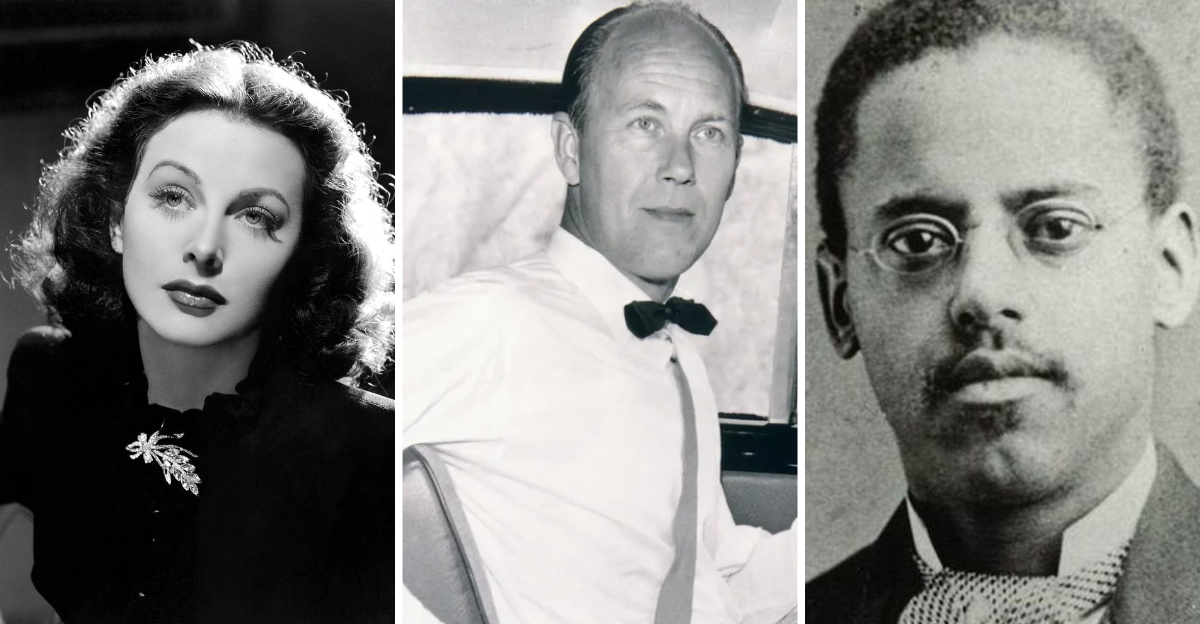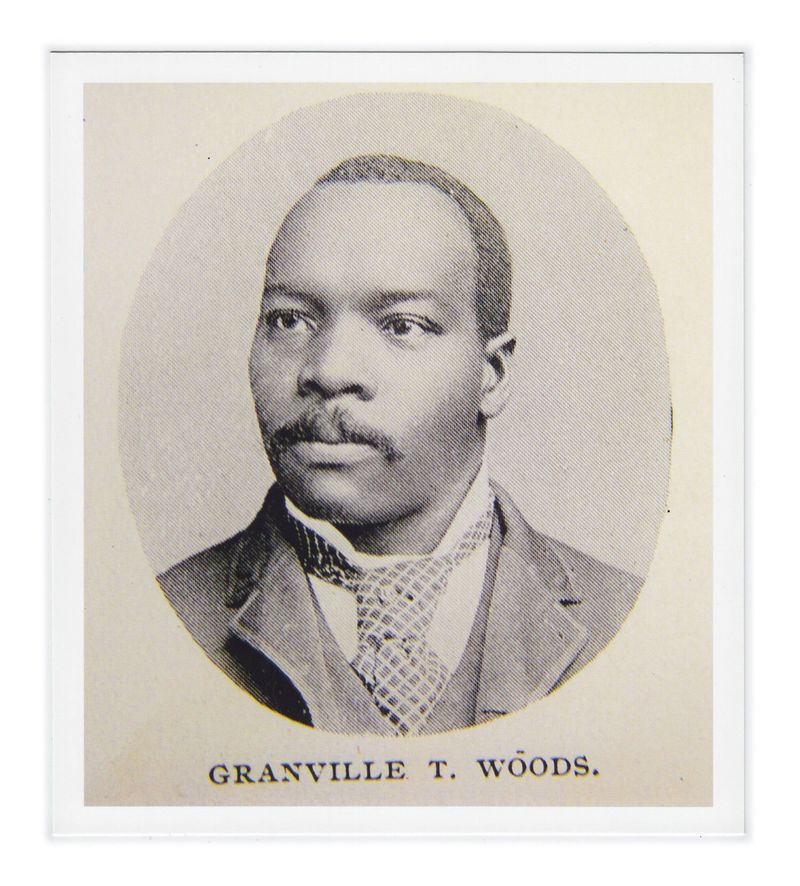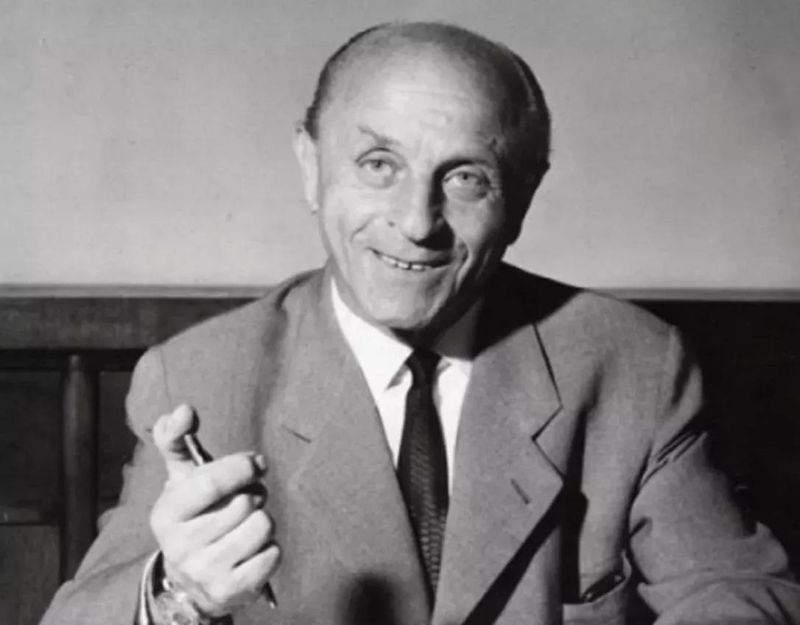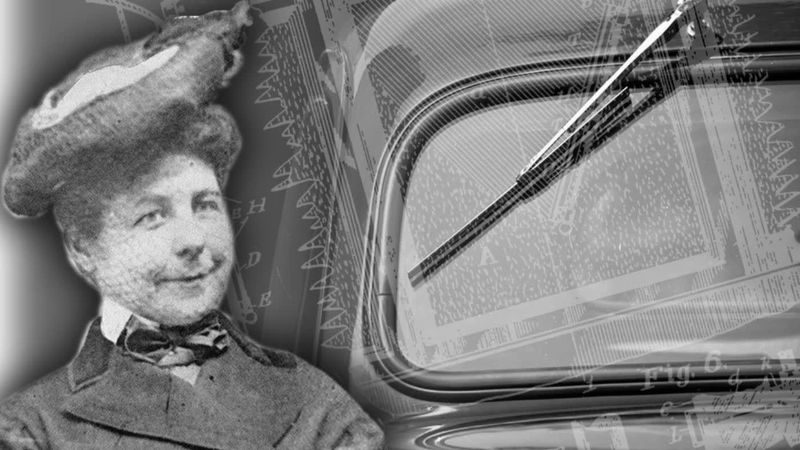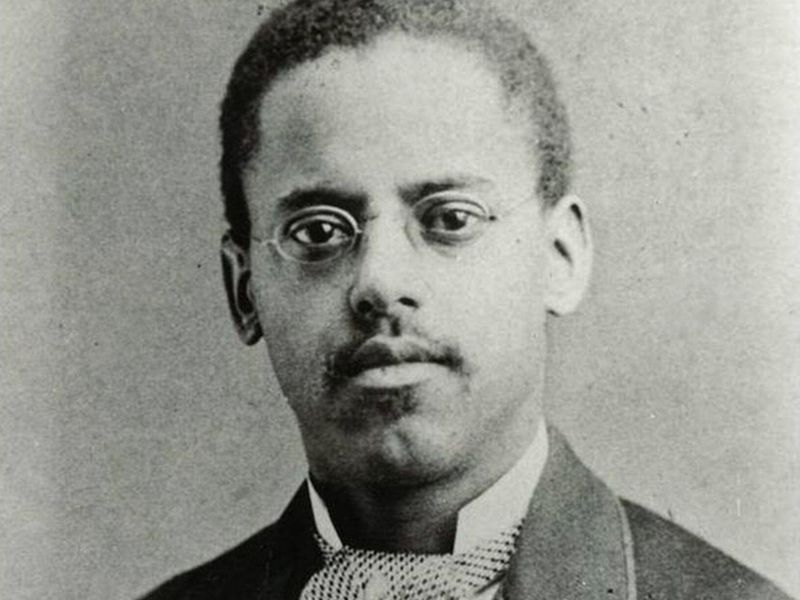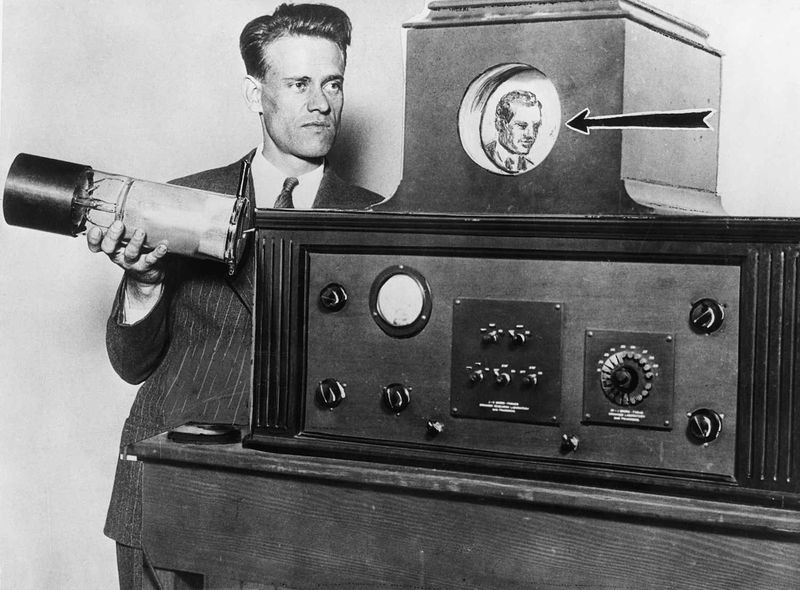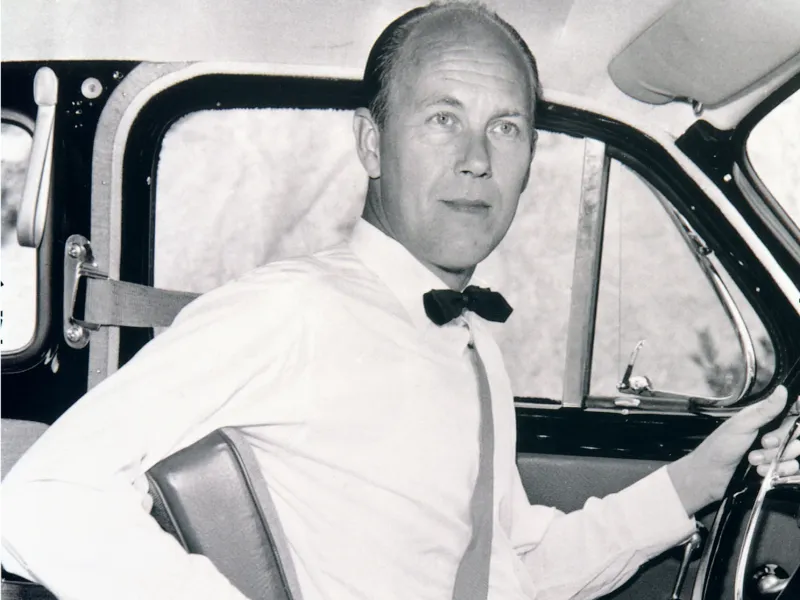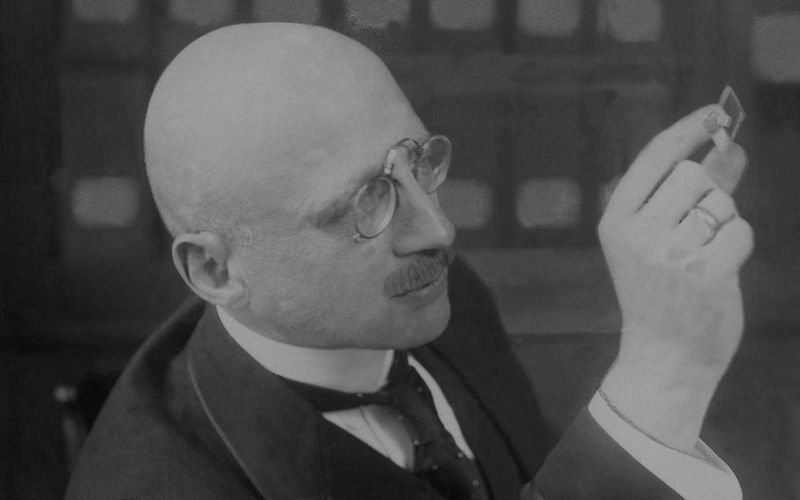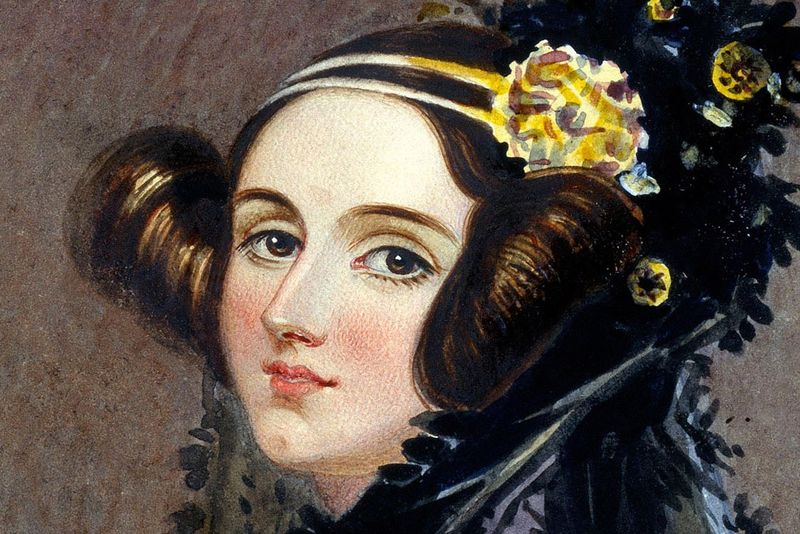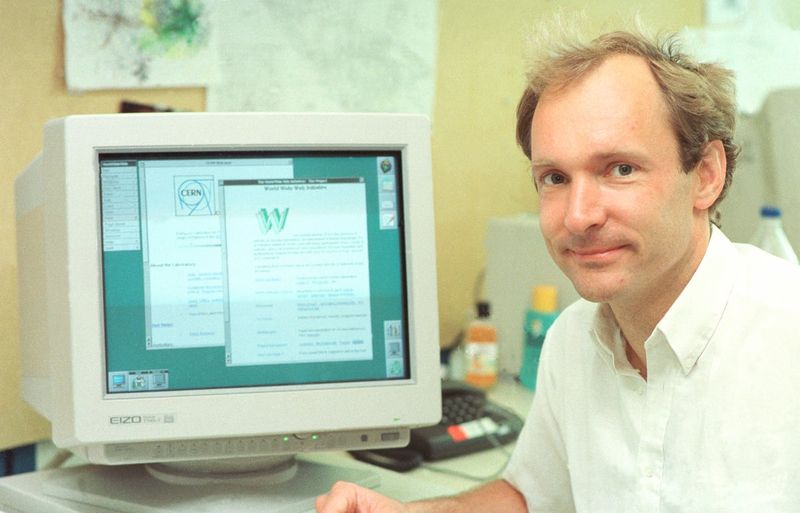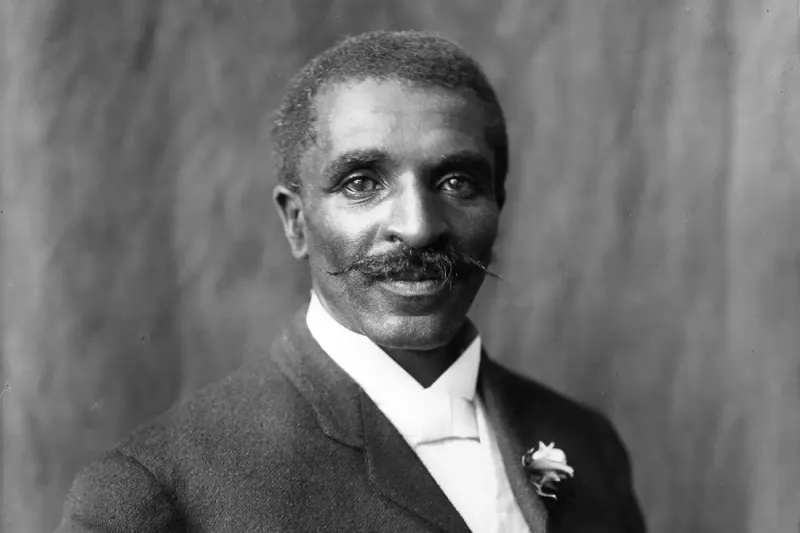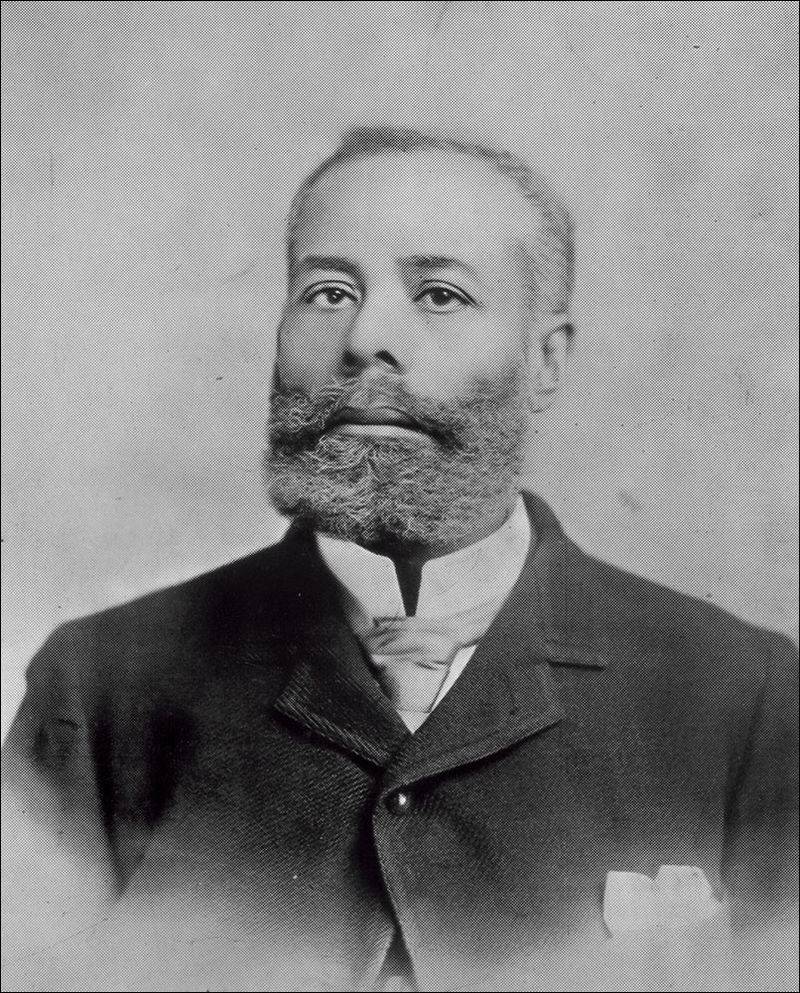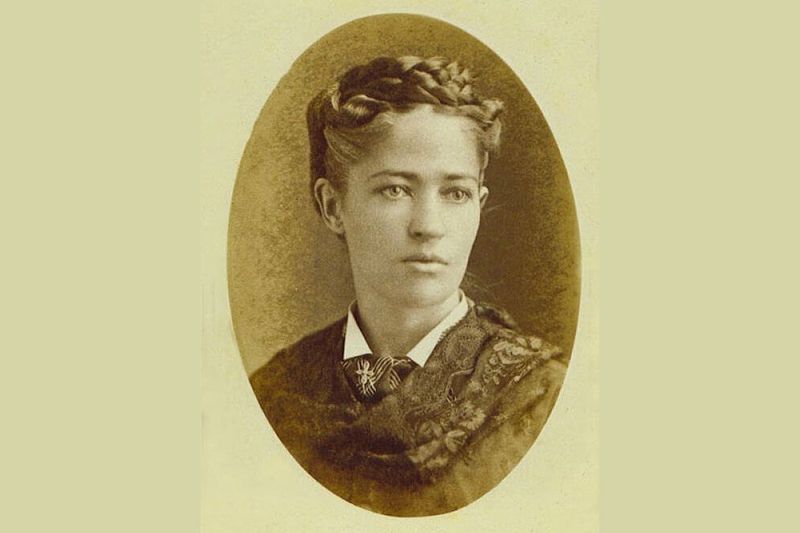Throughout history, numerous inventors have made groundbreaking contributions to the world but have not received the recognition they deserve. In this blog post, we will explore 15 unsung inventors whose innovations have significantly impacted our lives.
From technology to everyday conveniences, these individuals have shaped the world in ways we often overlook. Join us as we delve into the stories of these remarkable pioneers who changed the world.
1. Hedy Lamarr
Hedy Lamarr, an actress and inventor, co-created a frequency-hopping technology during World War II. This innovation laid the foundation for modern Wi-Fi and Bluetooth.
Despite being a Hollywood star, Lamarr’s inventive spirit was overshadowed by her acting career. Her work was crucial for secure military communications, yet went largely unrecognized until decades later.
Today, her invention is the backbone of wireless communication technologies. Her story is a fascinating blend of glamour and genius, highlighting the often-overlooked contributions of women in science and technology.
Lamarr’s legacy continues to inspire inventors around the world.
2. Granville T. Woods
Granville T. Woods, known as the “Black Edison,” was a pioneering inventor in the late 19th century. He developed over 60 patents, including the induction telegraph, which improved railroad safety.
Woods’ innovations were crucial for enhancing communication between train conductors and stations. Despite racial barriers, he persevered, often defending his patents in court.
His work significantly advanced the electric railway industry. Woods’ legacy is a testament to his resilience and ingenuity, impacting transportation and telecommunication.
Although he faced discrimination, his contributions remain vital to modern technologies, inspiring future generations of diverse inventors to pursue their dreams.
3. László Bíró
László Bíró, a Hungarian-Argentinian inventor, revolutionized writing with the invention of the ballpoint pen. Frustrated by fountain pen smudges, Bíró created a pen using quick-drying ink and a rotating ball mechanism.
His invention transformed everyday writing, offering a cleaner, more efficient tool. Initially developed during World War II, the ballpoint pen became a global staple post-war.
Despite its widespread use, Bíró’s name is not as recognized as his invention. His creation streamlined communication, making writing accessible and convenient.
Today, the ballpoint pen remains an essential item, and Bíró’s legacy endures in every written word.
4. Mary Anderson
Mary Anderson, an early 20th-century inventor, created the first windshield wiper. Observing drivers struggling in the rain, she developed a lever-controlled blade to clear windshields.
Initially met with skepticism, her invention later became standard in automobiles. Anderson’s innovative spirit led to a safer driving experience, yet she received little recognition during her lifetime.
Her windshield wiper was patented in 1903, decades before it became widely used. Despite initial resistance, her invention is now indispensable for vehicle safety.
Anderson’s foresight and determination paved the way for future automotive innovations, underscoring the impact of her groundbreaking contribution.
5. Lewis Latimer
Lewis Latimer, an African-American inventor, played a key role in the development of the incandescent light bulb. He improved Thomas Edison’s design by creating a longer-lasting carbon filament.
Latimer’s expertise extended beyond lighting; he also contributed to telephone advancements. Despite facing racial prejudice, he emerged as a prominent inventor and draftsman.
His technical drawings were essential for patenting Alexander Graham Bell’s telephone. Latimer’s contributions were instrumental in the widespread adoption of electric lighting.
His legacy highlights the critical role of African-American inventors in shaping modern technology, inspiring future generations to overcome barriers and innovate.
6. Philo Farnsworth
Philo Farnsworth, a self-taught American inventor, developed the first fully electronic television system. In 1927, at just 21, he transmitted the first electronic image. Farnsworth’s invention revolutionized information and entertainment.
Despite his groundbreaking work, he faced legal battles with larger corporations over patent rights. His perseverance and vision paved the way for modern television.
Though overshadowed by industry giants, Farnsworth’s contributions were pivotal in the television’s evolution. His story exemplifies the challenges inventors face in protecting their innovations.
Farnsworth’s legacy endures in homes worldwide, where television remains a central part of daily life.
7. Nils Bohlin
Nils Bohlin, a Swedish engineer, saved countless lives with his invention of the three-point seatbelt. In 1959, while working at Volvo, he developed the design that became standard in vehicles worldwide.
Bohlin’s innovation offered superior safety, preventing injuries in accidents. His work was a milestone in automotive safety, emphasizing the importance of practical engineering solutions.
Despite the simplicity of his design, its impact was profound, reducing fatalities significantly. Bohlin’s legacy is a testament to the power of thoughtful invention.
His seatbelt continues to protect millions, underscoring the enduring value of his life-saving contribution.
8. Stephanie Kwolek
Stephanie Kwolek, a pioneering chemist, invented Kevlar, the material used in bulletproof vests. Her discovery in 1965 transformed personal protection equipment.
Kevlar’s strength and lightweight properties offered unprecedented safety for law enforcement and military personnel. Kwolek’s innovation extended beyond vests, finding applications in tires, helmets, and more.
Despite the significance of her invention, Kwolek remained modest, focused on her work. Her contributions to material science are invaluable, saving countless lives.
Kwolek’s legacy is a beacon of inspiration for women in STEM, showcasing the profound impact of dedicated research and innovation on society’s safety and progress.
9. Fritz Haber
Fritz Haber, a German chemist, developed the Haber-Bosch process, revolutionizing agriculture. This method synthesizes ammonia, crucial for fertilizers, boosting crop yields globally.
Despite his contribution to food production, Haber’s legacy is controversial due to his involvement in chemical warfare during World War I. His work exemplifies the dual nature of scientific progress, bringing both benefit and harm.
Haber’s process remains vital for feeding the growing population, yet his complex legacy prompts reflection on ethical responsibility in science. His story serves as a reminder of the profound impacts scientists can have on the world, for better or worse.
10. Ada Lovelace
Ada Lovelace, an English mathematician, is considered the first computer programmer. In the 1840s, she wrote algorithms for Charles Babbage’s Analytical Engine, envisioning its potential beyond calculations.
Lovelace’s forward-thinking insights laid the groundwork for modern computing. Despite living in an era when women’s contributions were often marginalized, her visionary ideas remain celebrated.
Lovelace’s legacy is a testament to her intellectual brilliance and pioneering spirit. Her work paved the way for future technological advancements, inspiring countless individuals in computer science.
Lovelace’s story is a powerful reminder of the impact one can have through innovation and imagination.
11. Tim Berners-Lee
Tim Berners-Lee, a British computer scientist, invented the World Wide Web, transforming how we access information. In 1989, he proposed a system to link documents via hypertext, facilitating seamless information sharing.
Berners-Lee’s innovation revolutionized communication, fostering the digital age. Despite its ubiquitous presence, the web’s creator remains less known than the technology itself.
His vision for a free, open web continues to guide its evolution. Berners-Lee’s legacy is a cornerstone of modern connectivity, highlighting the profound impact of creating accessible information networks.
His work underscores the potential of technology to connect and empower societies.
12. George Washington Carver
George Washington Carver, an African-American scientist, revolutionized agriculture with his work on crop rotation and alternative crops. His innovations improved soil health and farmer livelihoods, especially in the post-Civil War South.
Carver’s advocacy for peanuts and sweet potatoes led to sustainable farming practices. Despite racial challenges, he became a leading figure in agricultural science.
Carver’s contributions extended beyond farming, impacting food science and industrial applications. His legacy as an environmentalist and educator continues to inspire sustainable agriculture practices.
Carver’s life exemplifies the power of knowledge and perseverance in transforming communities and nurturing the land.
13. Ruth Handler
Ruth Handler, an American businesswoman, revolutionized the toy industry with the creation of the Barbie doll in 1959. Observing limited options for girls’ play, she designed a doll that inspired imagination and role-playing.
Barbie became an iconic symbol, impacting generations. Despite criticisms regarding body image, Handler’s innovation provided a versatile platform for storytelling. Her entrepreneurial spirit led to the success of Mattel, a leading toy company.
Handler’s legacy is a testament to creativity and vision in fulfilling consumer needs. Her influence extends beyond toys, challenging norms and fostering empowerment through imaginative play.
14. Elijah McCoy
Elijah McCoy, a Canadian-American inventor, developed an automatic lubrication system for steam engines. His invention, often referred to as “the real McCoy,” improved efficiency and reliability in machinery.
McCoy’s work was pivotal in the industrial revolution, enhancing locomotive and factory operations. Despite facing racial prejudice, he secured over 50 patents, solidifying his reputation as a leading inventor.
His innovations continue to influence modern engineering practices. McCoy’s legacy is a testament to perseverance and ingenuity, inspiring future inventors to overcome barriers.
His name became synonymous with quality, underscoring the enduring impact of his contributions to industry.
15. Josephine Cochrane
Josephine Cochrane, an American inventor, revolutionized kitchen chores with her invention of the dishwasher. Frustrated by broken china, she designed a machine to clean dishes efficiently.
Her 1886 invention catered to hotels and restaurants before becoming a household staple. Cochrane’s innovative spirit addressed a common problem, simplifying domestic tasks.
Despite initial skepticism, her design gained popularity, paving the way for modern appliances. Her legacy highlights the impact of addressing everyday challenges with creative solutions.
Cochrane’s story inspires innovation in practical design, demonstrating the power of perseverance and problem-solving in transforming daily life.
